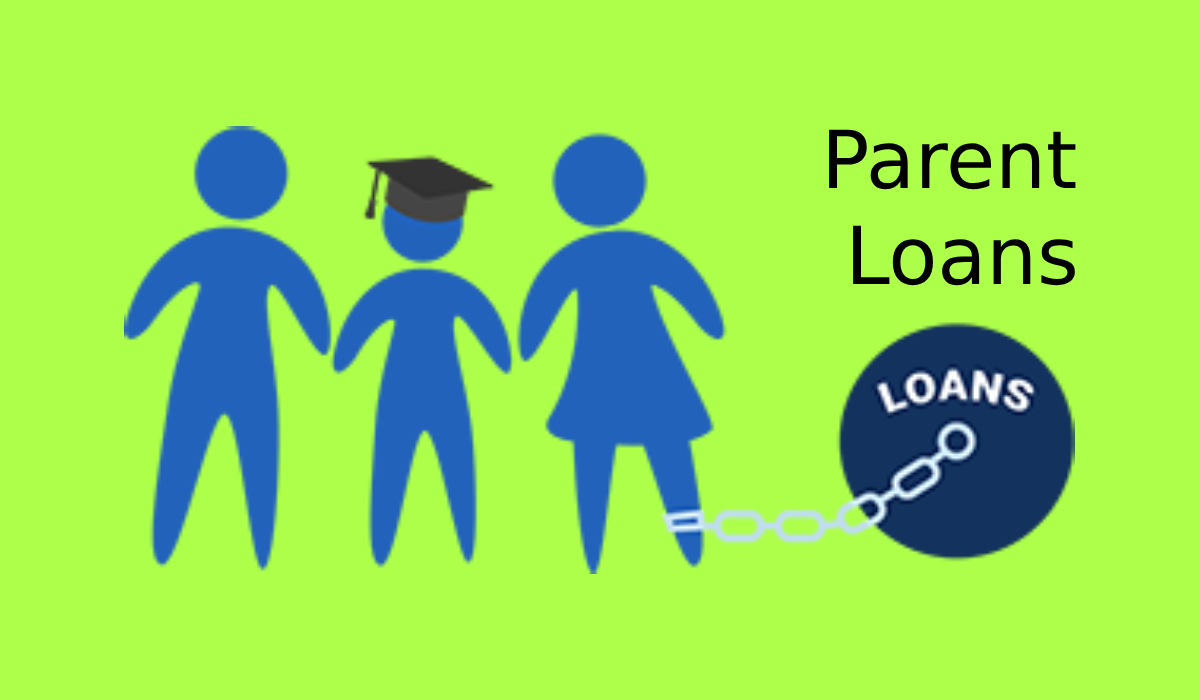Parents who wish to assist their children pay for college can pick between government and private student loans. Comparing your alternatives is always vital when choosing a student loan, but it is especially important as a parent. That is because you may have to make a tradeoff when selecting a loan kind.
The U.S. Department of Education offers federal parent loans (PLUS) with higher interest rates and higher origination fees than other federal loans, but they also have generous repayment terms and access to forgiveness programs. Private lenders who make loans exclusively for parents may charge cheaper fees—and potentially lower interest rates for the most creditworthy borrowers—but provide significantly fewer repayment choices.
We’ve selected the best student loans for parents based on criteria such as interest rates, origination costs, and hardship repayment choices.
Related: Best Student Loan Lenders of 2024

- Est APR = 4.89-9.04%
- MIn Credit Score = 680
- No fees.
4
editorial team. We score based on factors
that are helpful for consumers, such as
how it affects credit scores, the rates and
fees charged, the customer experience,
and responsible lending practices.
Tips for Comparing College Loans for Parents
Your first step is to determine whether federal or private parent loans are right for you. If you require federal loan protections or have bad credit, a PLUS loan is probably a better option.
The federal government conducts credit checks on PLUS loan recipients, but it looks for specific negative marks. The government considers you to have “Adverse credit history” if you have one or more of the following on your credit report:
Debts totaling more than $2,085 that are at least 90 or more days over-due or that have been in collections or charged off in the previous two years
In the last five years,
- Determination of default and bankruptcy.
- A foreclosure
- Repossession
- Tax lien
- Wage garnishment
- Charge-off of a federal student aid debt
However, if you discover you have an adverse credit history after applying, you can explain the circumstances that led to it, and the government may decide that you are qualified for a PLUS loan after receiving financial counseling.
Another alternative is to find an endorser, akin to a co-signer, who will assist you qualify. Finally, if you are unable to obtain parent loans (PLUS), your kid may be eligible for additional federal direct unsubsidized loans to assist with their education costs.
If you elect to take out a private student loan, parents typically have better credit than undergraduate students who have not had time to establish their own credit records. This means that lenders view them as less hazardous borrowers than students, and they receive loan rates accordingly.
However, when comparing interest rates between lenders, keep in mind that only borrowers with the best credit ratings, the least outstanding debt, and the greatest incomes will receive the lowest rates. Furthermore, all rates given here include a normal 0.25% interest rate rebate for making automatic payments.
It’s best to figure out what your interest rate and conditions would be on a private loan, then compare the entire cost and features to a PLUS loan. A student loan calculator will help you figure out how much you’ll have to pay over time.
Methodology of Getting Parent Loans
We collected data from the seven largest student loan firms that provide parent loans in at least 25 U.S. states and assessed them based on ten data points: interest rates, fees, loan terms, hardship choices, application procedure, and eligibility. We selected the five best to display based on those who received three stars or higher.
The weighting for each category is as follows:
- Hardship options: 20 percent
- Interest rate: 20%.
- Application process: 20%.
- Loan terms: 15 percent
- Fees: 15%
- Eligibility: 10%.
Specific criteria considered within each category included the amount of months of forbearance available, hardship repayment options beyond typical forbearance, origination fees, the availability of a post-school grace period, and other considerations.
Lenders who offered maximum interest rates below 12% scored the highest, as did those who offered more than the standard 12 months of forbearance, interest rate discounts above the standard 0.25% for automatic payments, no origination fees, and multiple loan terms up to 15 years.
In some circumstances, lenders received partial points, and a maximum of 3% of the final score was left to editorial discretion based on the quality of consumer-friendly features provided.
Related: Navient is Quietly Offering Private Student Loan Forgiveness
What is the Parent PLUS Loan?
The Federal Student Aid Office offers two types of PLUS loans: one for graduate students and one for parents. A parent PLUS loan provides funding to assist your child pay for their undergraduate education. Biological and adoptive parents, as well as stepparents, are eligible. Approved borrowers cannot have a bad credit history, and they must also meet the standard eligibility requirements for federal student aid.
Because PLUS loans are government debt, they offer more flexible repayment alternatives. You may also notice that these loans have cheaper interest rates than private loans, particularly for applicants with less-than-perfect credit.

- Est APR = 4.89-9.04%
- MIn Credit Score = 680
- No fees.
4
editorial team. We score based on factors
that are helpful for consumers, such as
how it affects credit scores, the rates and
fees charged, the customer experience,
and responsible lending practices.






